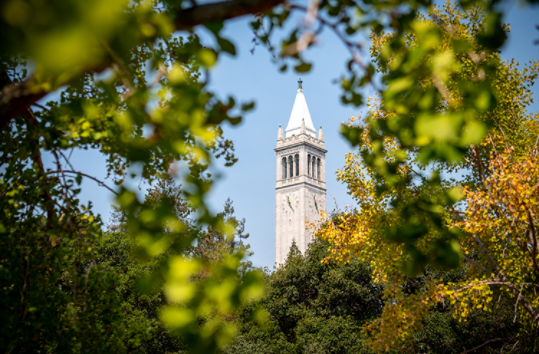
“When awful darkness and silence reign”
— Edw. Lear, “The Dong with the Luminous Nose”
In my 40-plus years of teaching law (11 at Northwestern University, 30 at UC Berkeley), I had the privilege of rubbing elbows with scores of faculty, all of great integrity and most of common wisdom. Not all were law professors, nor from Northwestern or Cal, though the majority were my close-up colleagues at both schools, and just down the hall.
Two-plus decades after taking “emeritus” status, still with an office (undeserved), I confess that I know too few of the younger faculty very well; however, I experience enough to confirm what I will say here about attitudes of academics toward the subsidizing of choice among elementary and secondary schools for lower-income parents.
Many or most faculty today see themselves as agents of reform to aid the poor. Yet they are surprisingly uncomfortable and inarticulate about “vouchers” and – for such analytic minds – have difficulty saying just why they resist change toward parental choice. The only prominent exceptions among my own cohort is a colleague who would have us force all children of every family into public school; Oregon’s Compulsory Education Act is with us yet.
Most of the other faculty that I know remain uneasy about empowering the poor but struggle to find a justifying rationale that is not plainly elitist. They don’t relish the discrimination that all can see, but the best they seem able to express as justification is an imagined improvement that can and must be wrought by more money for the learning experience in P.S. 99; it is not that of liberating its families so that they can remain there by choice or skip out and seek a school that works better for young Freddie.
Many or even most of these same academics do seem comfortable with the provision of charter schools, but only to a point; we shouldn’t let them become the norm. Few seem outraged by California’s very strict limits on the number and freedom of charters – this in spite of their superior test scores and evident popularity. More than 100,000 families seeking escape are left losers after the necessary lotteries for admission; for them it’s back as internees to Freedom Public School down the street.
I’m not confident that our individualist academics with their proclaimed focus on human liberty and equality have allowed themselves a conscious and open-minded grasp of reality.
How can this cast of the intellectual mind be explained? Why are these freedom-folk numbing themselves to the scene of these powerless parents living with all the poisonous consequences? What exactly is the “liberal” social good that they all achieved by this conscriptive device?
These good minds are (like me) virtually all registered Democrats; but they fear some yet unidentified monster waiting to reduce the state of the poor even more than today is realized by our very deliberate segregation and social gelding according to family income.
Could it be the fear of religion or some particular religion? Are we witnessing the permanence of the 19th century dread felt by our elites at the sight of those crude immigrants with their dedication to peculiar and un-American views of reality? At many a campus this seems credible, but at “Boalt Hall,” the law school at Berkeley? History seems against it.
Boalt faculty had, I learned, supported the private school plaintiffs in Pierce v. Society of Sisters; and, when I arrived a half-century later, the place was alive with good-natured but serious discourse among the sects represented. Religious diversity was natural, precious and fun.
Let me, yet once again, cite the message approved (at my first faculty meeting) in our (successful) effort to lure the great David Daube from Oxford. (“Kuttner,” in this epic rhyme, was the equally distinguished [but Catholic] Jew drawn to head our huge and unique collection of canon and religious law.)
Catholics are fine, but so are Jews
Kuttner’s coming, how about youse?
I knew that I was in the right place.
The faculty (and student) discourse of those times seems to have lost much of its nonchalance, hence much of its liberating function. It has, of course, become carefully WOKE about sex – fine, but about religion too?
I fear that this sort of social-intellectual prudence starts early in the schooling of most of us; the questions that matter most never get answered or even considered and become de trop in polite society. Minds with experience and sophistication go silent – and, in this case, by personal choice.
Let’s open up. That’s why society gave us this fancy platform – to help make public issues clearer and, maybe, do a little good.


